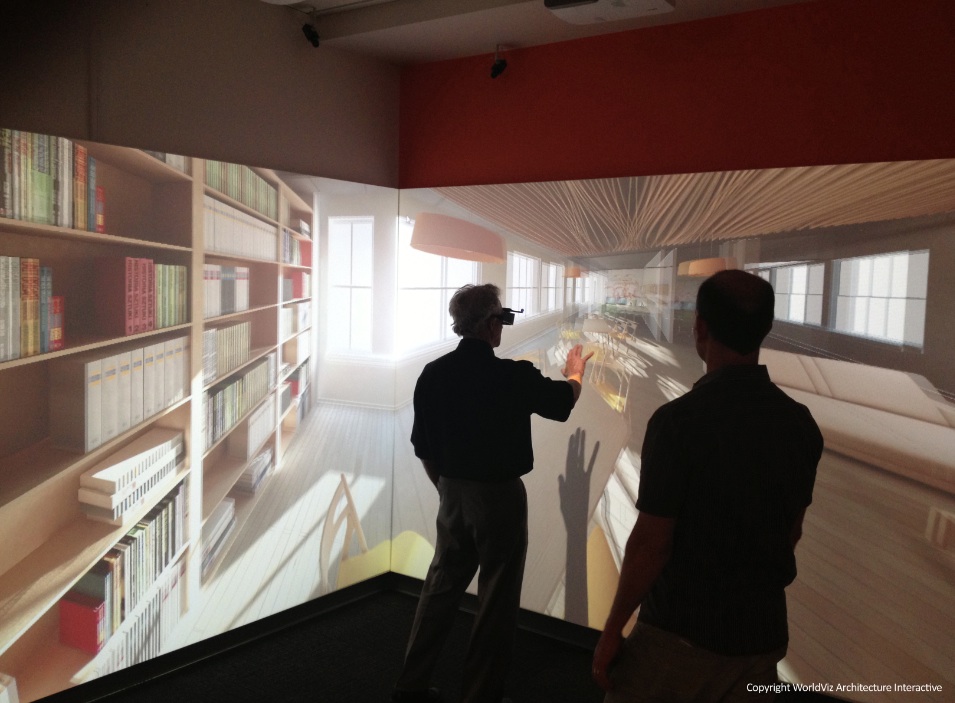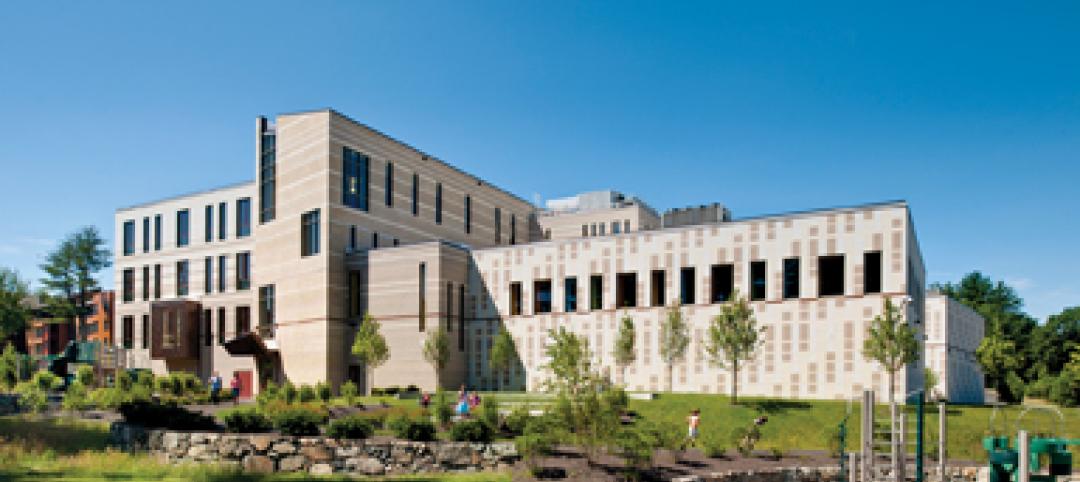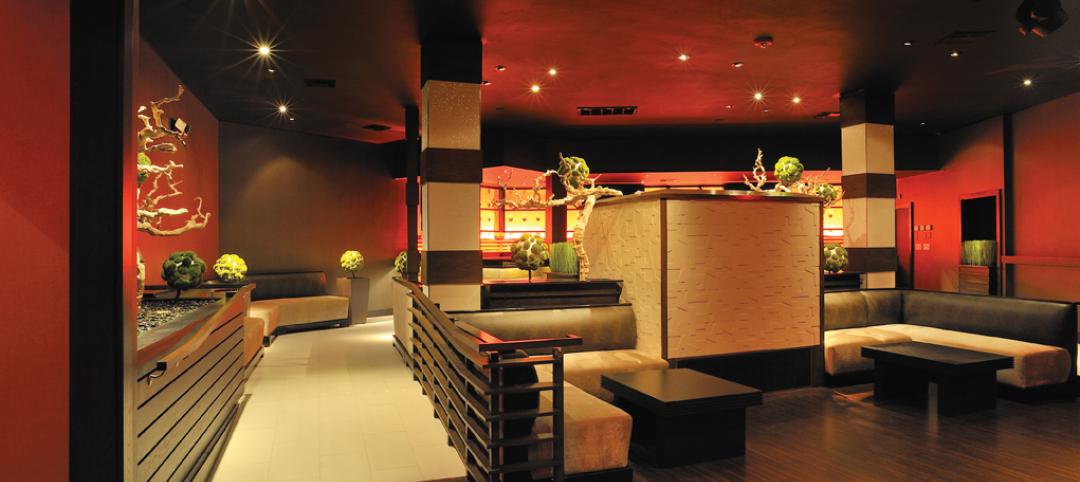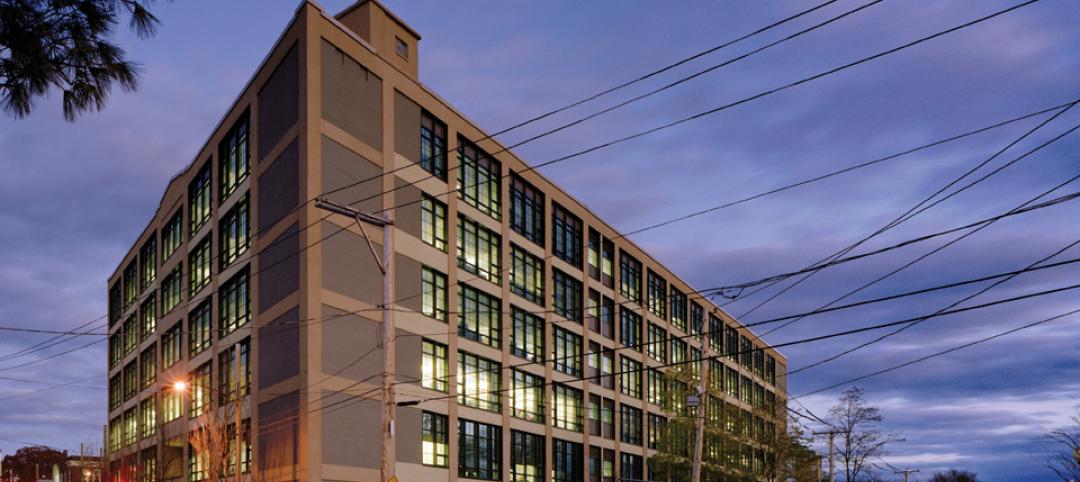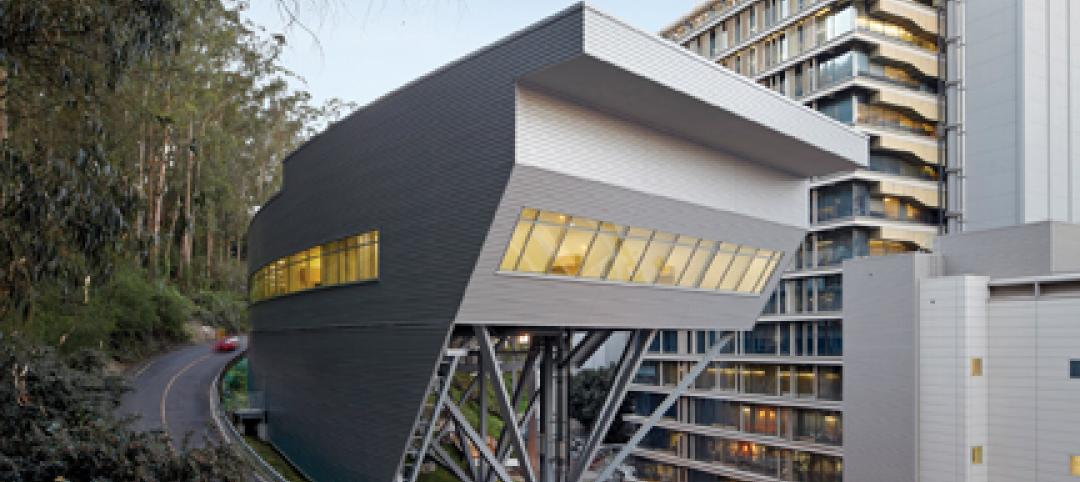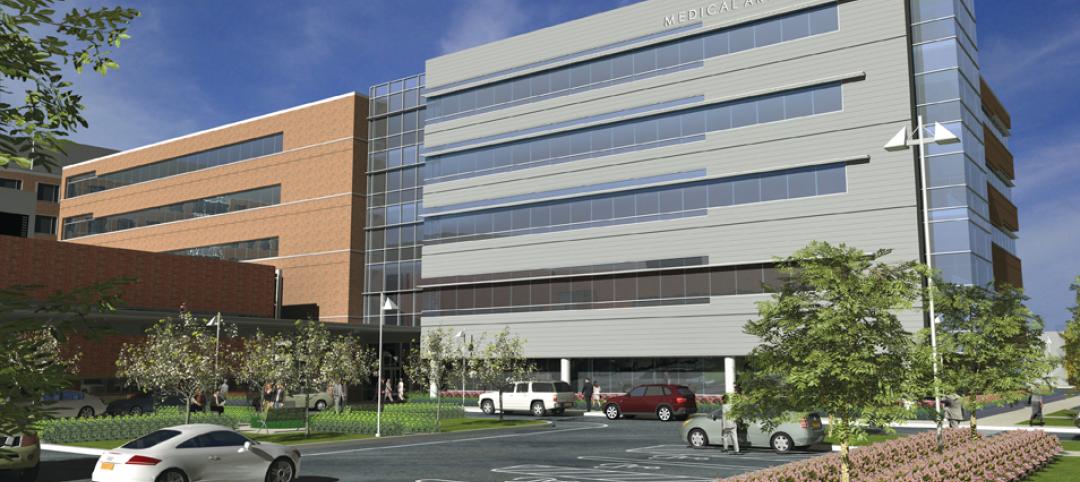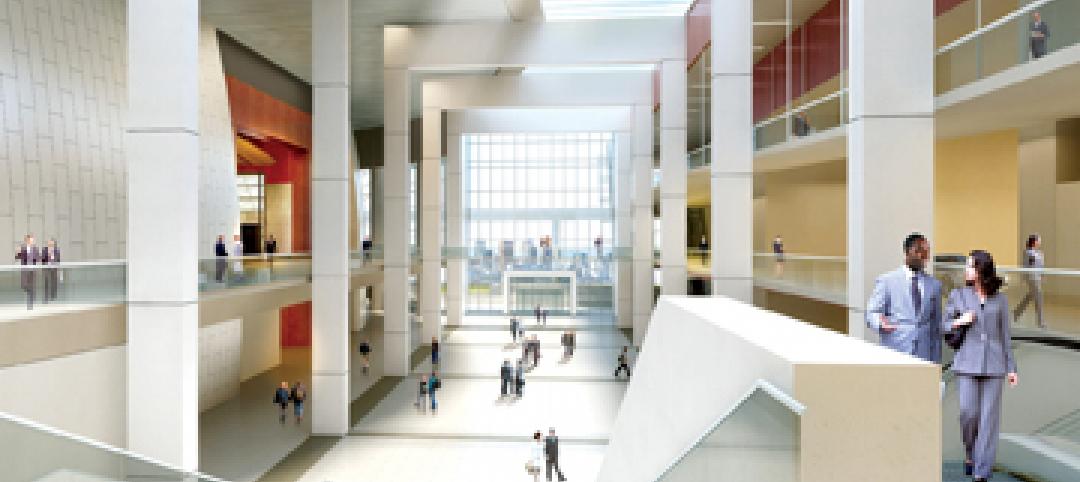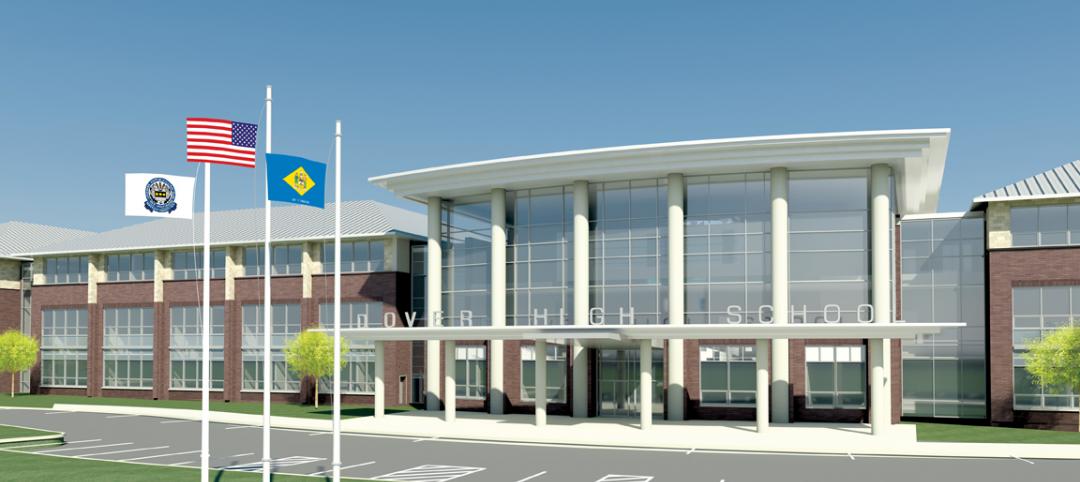In today’s tech-driven AEC workplace environment, the only constant, it seems, is change. Firms are scrambling to keep up with the latest BIM/VDC-related tools and are searching for ways to more effectively implement and manage those tools on their projects. There’s a thirst for knowledge of all things BIM.
The following collection of feature stories, case studies, and Web-exclusive content is based on the number of BDCnetwork.com readers who clicked on the article during the past 11 months. For more BIM/VDC articles from BD+C, visit www.BDCnetwork.com/BIMit.
1. “5 tech trends transforming BIM/VDC”
By Jeff Yoders, Contributing Editor, BD+C
As BIM/VDC continues to evolve the work processes of AEC firms, promising technologies are being applied to take 3D coordination to the next level. This report covers five breakthrough ideas: energy modeling on the fly, laser scanning, prefabrication of building systems, advanced data management, and computer-aided manufacturing. www.BDCnetwork.com/BIMtechtrends
2. “Hyper-speed rendering: How Gensler turns BIM models into beauty shots in seconds”
By David Barista, Editor-in-Chief, BD+C
The rise of BIM and 3D rendering technology has raised client expectations and placed additional pressure on Building Teams to produce visually striking artwork that accurately depicts the very latest iteration of a project’s design. Turnaround time on artwork has to be in hours, not days or weeks. In search of a fast rendering solution, Gensler looked to the gaming and moviemaking industries for the next breakthrough tool: Octane Render. www.BDCnetwork.com/Octane
3. “7 ways to cut waste in BIM implementation”
By David Barista, BD+C
More than two decades into the building information modeling movement, AEC firms are still discovering ways to utilize BIM/VDC tools more effectively. One major current area of focus is how to cut waste in the BIM implementation process. In this report, several BIM/VDC power users offer their top tips for eliminating waste in BIM/VDC workflows. www.BDCnetwork.com/BIMworkflow
4. “Firms enhance BIM/VDC with advanced collaboration tools”
By David Barista, BD+C
A special to the BD+C Giants 300 report, this article highlights BIM/VDC innovations by the nation’s largest AEC firms, including SOM, Stantec, and Thornton Tomasetti. Among the breakthrough ideas featured: cloud-based data sharing, rapid iterative design, and cross-discipline collaboration. www.BDCnetwork.com/BIMGiants2014
5. “Super BIM: 7 award-winning BIM/VDC-driven projects”
By AIA Technology in Architectural Practice Knowledge Community
Thom Mayne’s Perot Museum of Nature and Science in Dallas and the Anaheim (Calif.) Regional Transportation Intermodal Center were among the seven projects named 2014 AIA TAP BIM Award winners by the AIA’s Technology in Architectural Practice (TAP) Knowledge Community. This slideshow recaps the winning projects. www.BDCnetwork.com/SuperBIM
6. “Perfecting prefab: 8 tips for healthcare construction projects”
By David Barista, BD+C
Healthcare projects across the U.S. are being built in record time, thanks, in part, to the implementation of advanced multi-trade prefabrication techniques. By assembling components like MEP infrastructure, headwalls, and bathrooms offsite in a controlled environment, Building Teams are able to compress project schedules by performing multiple construction activities in parallel. This report offers helpful advice for using BIM to pull off prefabrication. www.BDCnetwork.com/BIMprefab
7. “Total immersion: Has virtual reality’s time finally come?”
By David Barista, BD+C
Virtual reality technology is a natural fit for the AEC industry. Many firms are already building highly detailed BIM/VDC models of their most complex projects, so VR looks like the logical next step. But, as our experts reveal, pulling off VR is not so simple. www.BDCnetwork.com/VR2014
8. “5 ways virtual modeling can improve facilities management”
By Jennifer Macks, Vice President, Skanska USA
BIM has become standard practice for design and construction, but often little attention is paid to what happens to model data post-construction. This blog post details practical applications for BIM/VDC tools for the operation and maintenance of buildings, including space management, maintenance scheduling, and retrofit planning. www.BDCnetwork.com/BIMom
9. “How architects at NBBJ are using computational design to calculate the best views on projects”
By Andrew Heumann, Computational Design Specialist, NBBJ
In an ideal world, every employee would have a beautiful view from his or her desk. Using computational design, architects like NBBJ can help building owners, developers, and tenants maximize views from every angle and position within a tower. In this video, NBBJ’s Andrew Heumann demonstrates a custom computational design tool the firm is using to improve views on a Seattle high-rise project. www.BDCnetwork.com/BIMviews
Related Stories
| May 18, 2011
Eco-friendly San Antonio school combines history and sustainability
The 113,000-sf Rolling Meadows Elementary School in San Antonio is the Judson Independent School District’s first sustainable facility, with green features such as vented roofs for rainwater collection and regionally sourced materials.
| May 18, 2011
New Reform Jewish Independent school opens outside Boston
The Rashi School, one of only 17 Reform Jewish independent schools in North American and Israel, opened a new $30 million facility on a 166-acre campus shared with the Hebrew SeniorLife community on the Charles River in Dedham, Mass.
| May 18, 2011
Design diversity celebrated at Orange County club
The Orange County, Calif., firm NKDDI designed the 22,000-sf Luna Lounge & Nightclub in Pomona, Calif., to be a high-end multipurpose event space that can transition from restaurant to lounge to nightclub to music venue.
| May 18, 2011
Lab personnel find comfort in former Winchester gun factory
The former Winchester Repeating Arms Factory in New Haven, Conn., is the new home of PepsiCo’s Biology Innovation Research Laboratory.
| May 18, 2011
Addition provides new school for pre-K and special-needs kids outside Chicago
Perkins+Will, Chicago, designed the Early Learning Center, a $9 million, 37,000-sf addition to Barrington Middle School in Barrington, Ill., to create an easily accessible and safe learning environment for pre-kindergarten and special-needs students.
| May 18, 2011
Raphael Viñoly’s serpentine-shaped building snakes up San Francisco hillside
The hillside location for the Ray and Dagmar Dolby Regeneration Medicine building at the University of California, San Francisco, presented a challenge to the Building Team of Raphael Viñoly, SmithGroup, DPR Construction, and Forell/Elsesser Engineers. The 660-foot-long serpentine-shaped building sits on a structural framework 40 to 70 feet off the ground to accommodate the hillside’s steep 60-degree slope.
| May 18, 2011
New center provides home to medical specialties
Construction has begun on the 150,000-sf Medical Arts Pavilion at the University Medical Center in Princeton, N.J.
| May 18, 2011
Improvements add to Detroit convention center’s appeal
Interior and exterior renovations and updates will make the Detroit Cobo Center more appealing to conventioneers. A new 40,000-sf ballroom will take advantage of the center’s riverfront location, with views of the river and downtown.
| May 18, 2011
One of Delaware’s largest high schools seeks LEED for Schools designation
The $82 million, 280,000-sf Dover (Del.) High School will have capacity for 1,800 students and feature a 900-seat theater, a 2,500-seat gymnasium, and a 5,000-seat football stadium.


